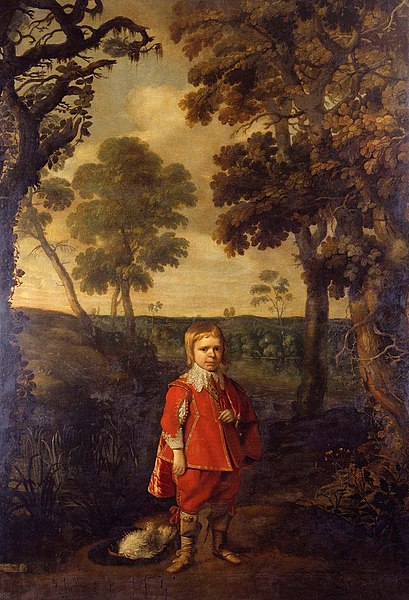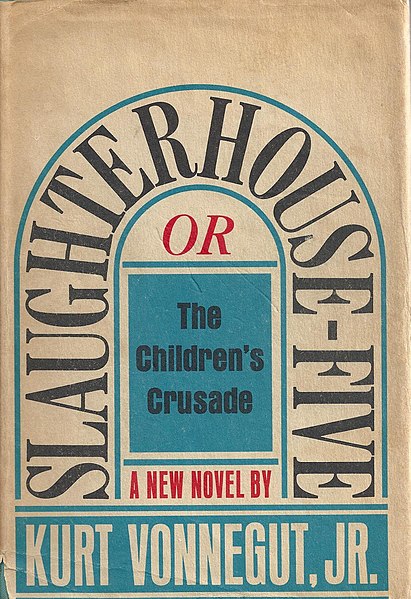Congo is a 1980 science fiction novel by Michael Crichton, the fifth under his own name and the fifteenth overall. The novel centers on an expedition searching for diamonds and investigating the mysterious deaths of a previous expedition in the dense tropical rainforest of the Congo. Crichton calls Congo a lost world novel in the tradition founded by Henry Rider Haggard's King Solomon's Mines, featuring the mines of that work's title.
First edition cover
John Michael Crichton was an American author, screenwriter and filmmaker. His books have sold over 200 million copies worldwide, and over a dozen have been adapted into films. His literary works heavily feature technology and are usually within the science fiction, techno-thriller, and medical fiction genres. Crichton’s novels often explore human technological advancement and attempted dominance over nature, both with frequently catastrophic results; many of his works are cautionary tales, especially regarding themes of biotechnology. Several of his stories center specifically around themes of genetic modification, hybridization, paleontology and/or zoology. Many feature medical or scientific underpinnings, reflective of his own medical training and scientific background.
Crichton at Harvard University in 2002
Crichton used the pen-name "Jeffrey Hudson", a reference to a 17th-century court dwarf and his own “abnormal” height.
Crichton critiqued Kurt Vonnegut's Slaughterhouse-Five (1969) in The New Republic.
Crichton's first published book of non-fiction, Five Patients, recounts his experiences of practices in the late 1960s at Massachusetts General Hospital and the issues of costs and politics within American health care.





